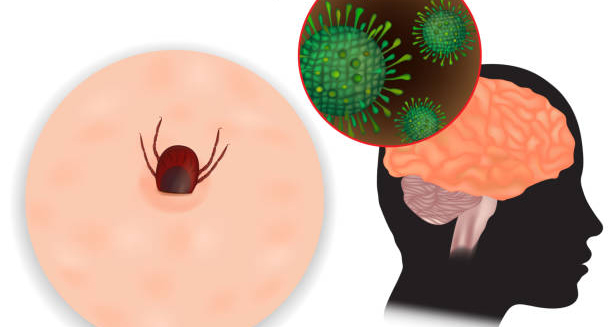Encephalitis
Encephalitis is a serious condition where the brain becomes inflamed, usually due to a viral infection. This swelling interferes with normal brain function and can lead to symptoms ranging from fever and headache to confusion, seizures, and loss of consciousness. This can affect anyone but is most dangerous in young children, the elderly, and people with weakened immune systems.
In many cases, encephalitis begins with flu-like symptoms, but it can quickly worsen. Early detection and treatment are critical, as severe cases can cause permanent brain damage or even death. The condition is considered a medical emergency and should always be evaluated in hospital settings.
There are two main types:
Primary encephalitis, where the virus or other cause directly infects the brain
Secondary encephalitis, which occurs when the body’s immune system mistakenly attacks brain tissue while fighting an infection elsewhere in the body
Encephalitis
The most common viral causes include herpes simplex virus (HSV), enteroviruses, arboviruses (like West Nile virus), and, in some regions, rabies or measles. In South Africa, HIV-related complications, TB, and mosquito-borne viruses can also lead to this condition.
Symptoms range from mild to life-threatening and may come on suddenly or worsen over several days. Common signs include fever, headache, stiff neck, seizures, confusion, and changes in personality or speech. Infants may become irritable, feed poorly, or have a bulging soft spot (fontanelle) on their heads.
Understanding encephalitis allows for quicker response when symptoms appear. With timely medical care, many patients recover—though rehabilitation may be needed in more severe cases.
[Next: Causes of Encephalitis →]


